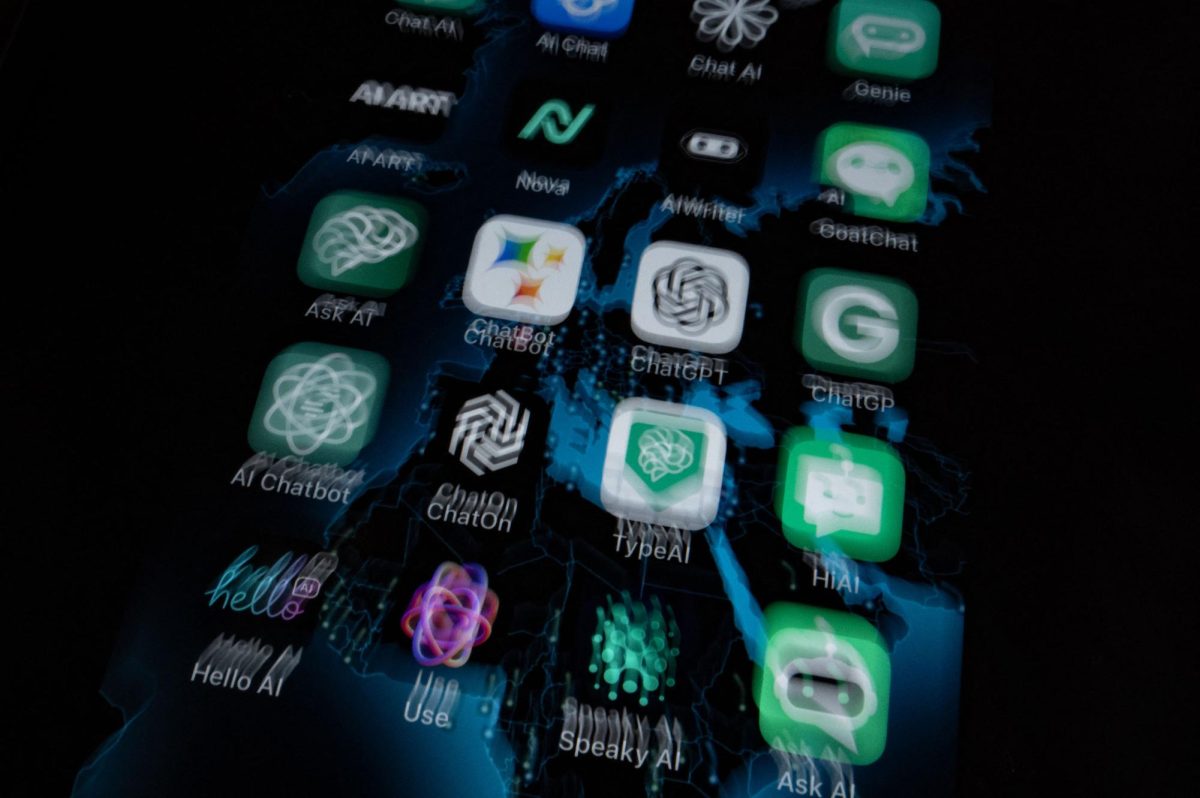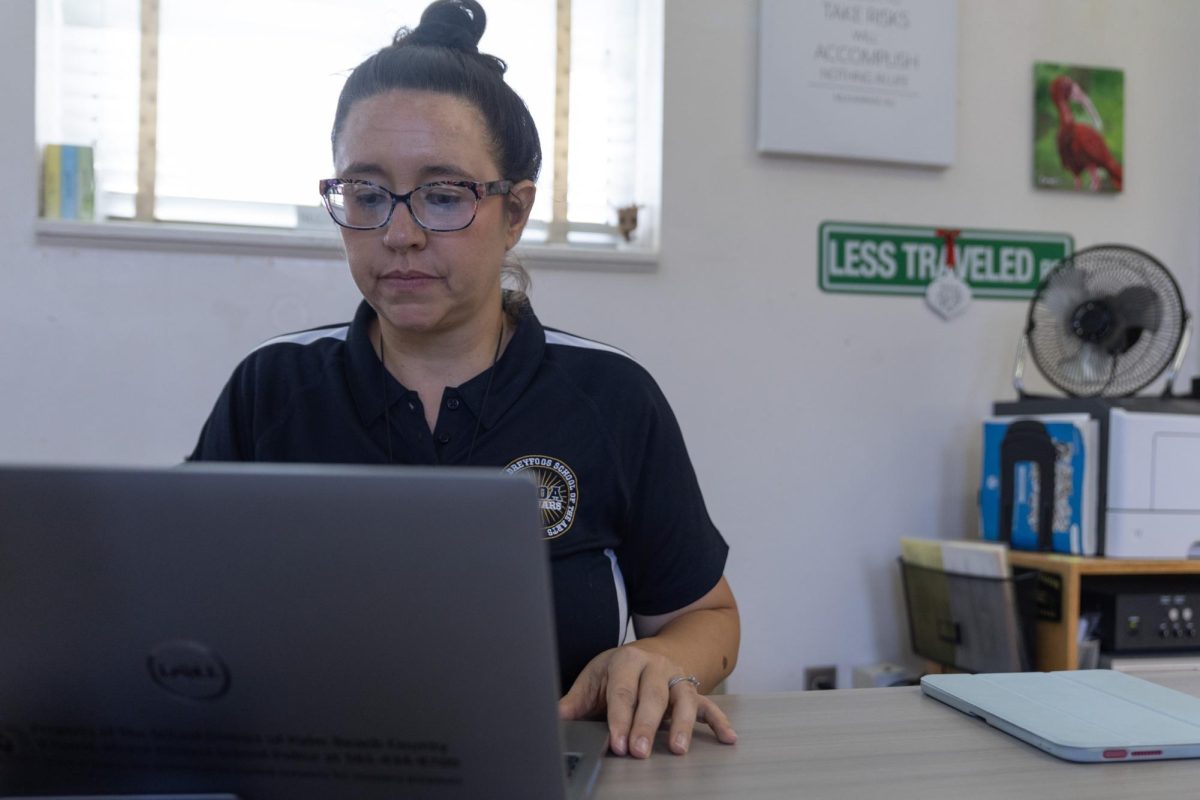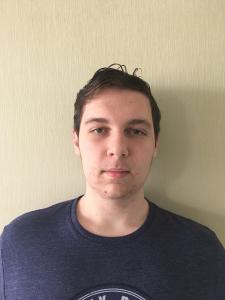Elon Musk: The billionaire technology extraordinaire that we all know for his famous Tesla cars, and his even more famous tweets. However, one of his lesser known companies, Neuralink, is focusing on something that could potentially impact all of our lives:Artificial Intelligence. AI will soon become one of the most influential aspects in our lives, and benefit the way we see work and society as a whole.
What is AI?
Artificial intelligence, or AI, is the idea that a machine or computer can display intelligence. According to Stanford Professor, and “father of modern Artificial Intelligence”, John McCarthy, “[AI] is the science and engineering of making intelligent machines, especially intelligent computer programs”. AI can generally be applied in seven distinct categories of technology, the most important of which are reactive machines, limited-memory machines, theory of mind AI, self-aware machines, and artificial superintelligences. Reactive and limited-memory machines, which are simple machines designed to do one type of task, already exist in abundance. However, the next two types of AI are still being developed. Theory of mind AI are machines that can understand different variables, such as behavior and emotion, as opposed to simply understanding a single task. These types of AI can process and complete multiple tasks at once while also understanding those tasks and their consequences. Self-aware AI does not exist as of yet, but in theory, it would be a type of machine fully aware of its surroundings and actions. It could display human-like interactions and would be capable of understanding everything a human can. An artificial superintelligence is a computer that not only could match humans in understanding and awareness, but could also surpass our measly flesh brains. An ASI will be able to process and complete tasks and jobs far faster and more effectively than even the smartest human to ever live.
How does AI affect me?
The biggest effect that AI will have, is on job choice. Elon Musk, despite being the founder and owner of Neuralink, stated during the World AI Conference in Shanghai that AI will “make jobs kind of pointless.” This is true in some regards; many people in the US and around the world worry for the future of jobs, with Pew Research Center reporting that 72percent of Americans express worry about AI’s impact on jobs. This impact will be felt most strongly on the incoming workforce (that’s you). The students of today will eventually become the workforce of tomorrow, and many are worried that by the time we get there, the robots will have already taken our jobs..
Should I be worried?
The prospect of AI outright replacing human jobs is a scary one to think of, and it is easy to get caught up in the angst and fear of the scenario. However there is a truth hiding behind the veil of fear, and that truth is that AI will not eliminate jobs. We must understand that AI will not remove jobs entirely, but instead make them easier for us. A paper written by Erik Brynjolfsson, Tom Mitchell, and Daniel Rock, from Massachusetts Institute of Technology and Carnegie Mellon University respectively, claims that the jobs that AI will supposedly replace will not be superceded, but rather “shredded”. This is to say that many of the tasks involved with those jobs are going to become automated. For example, a doctor before AI would have to take an X-Ray of a patient by doing it manually; however, with AI, a doctor will tell an AI to take the X-Ray for him, in essence shredding tasks from the job. This will make jobs for humans easier and more efficient, instead of removing those jobs entirely.
The advancement of technology can always be worrying for those who do not embrace it. This has happened before with the ATM and the ensuing crisis for bank tellers, and yet despite the widespread use of the ATM, there are more bank tellers than there were before. This is the truth of the matter: AI is just another step in our technological development as a species, and no, it won’t take your job, or keep you from getting a job.

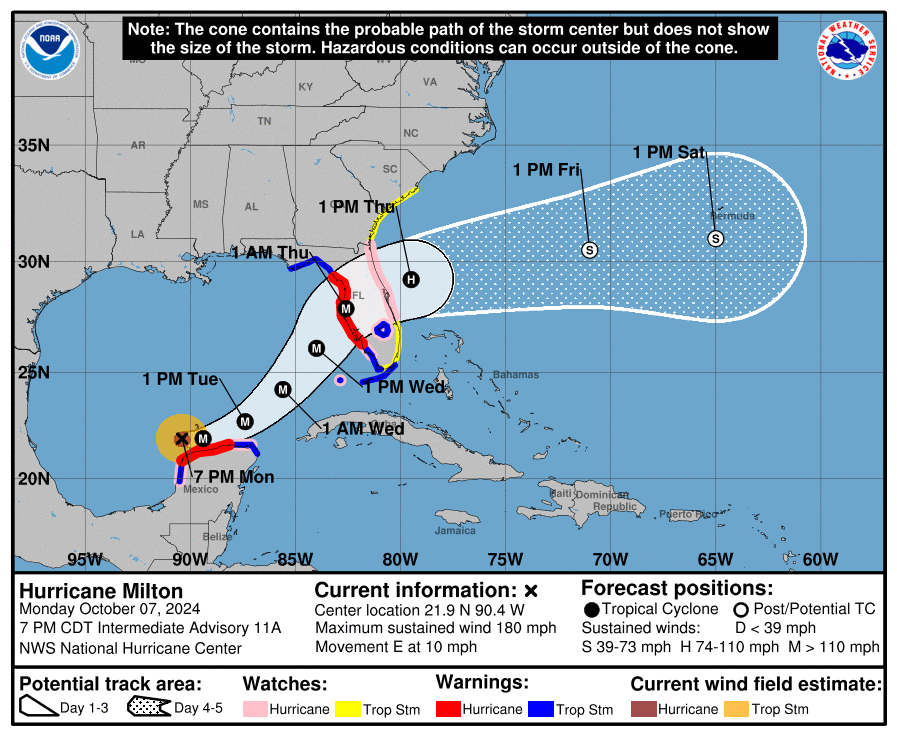
![[BRIEF] Hairy Details Hosts First Performance](https://www.themuseatdreyfoos.com/wp-content/uploads/2024/09/Hairy-Details-66-1200x800.jpg)
![[BRIEF] Dance Seniors Perform Solo Showcase](https://www.themuseatdreyfoos.com/wp-content/uploads/2024/09/newsinbrief.png)
![[BRIEF] National Honor Society Inducts New Members](https://www.themuseatdreyfoos.com/wp-content/uploads/2023/10/breaking-news-1200x927.png)
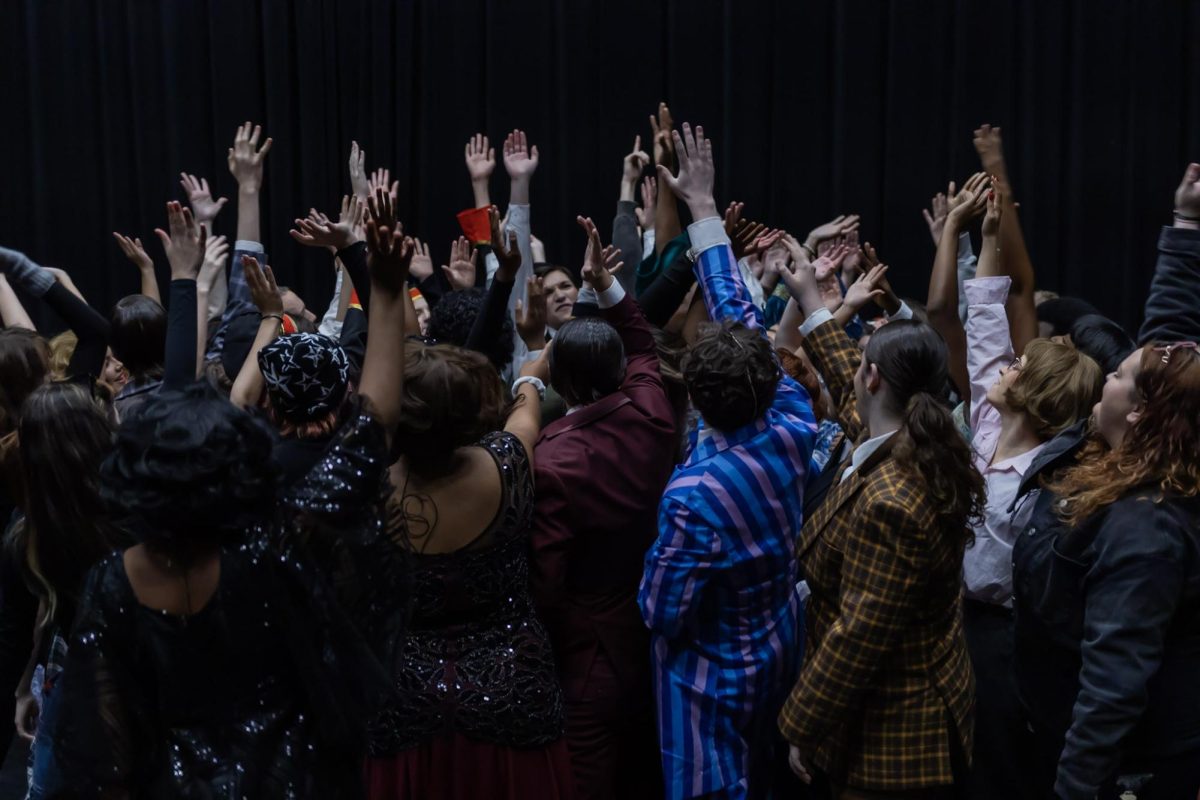
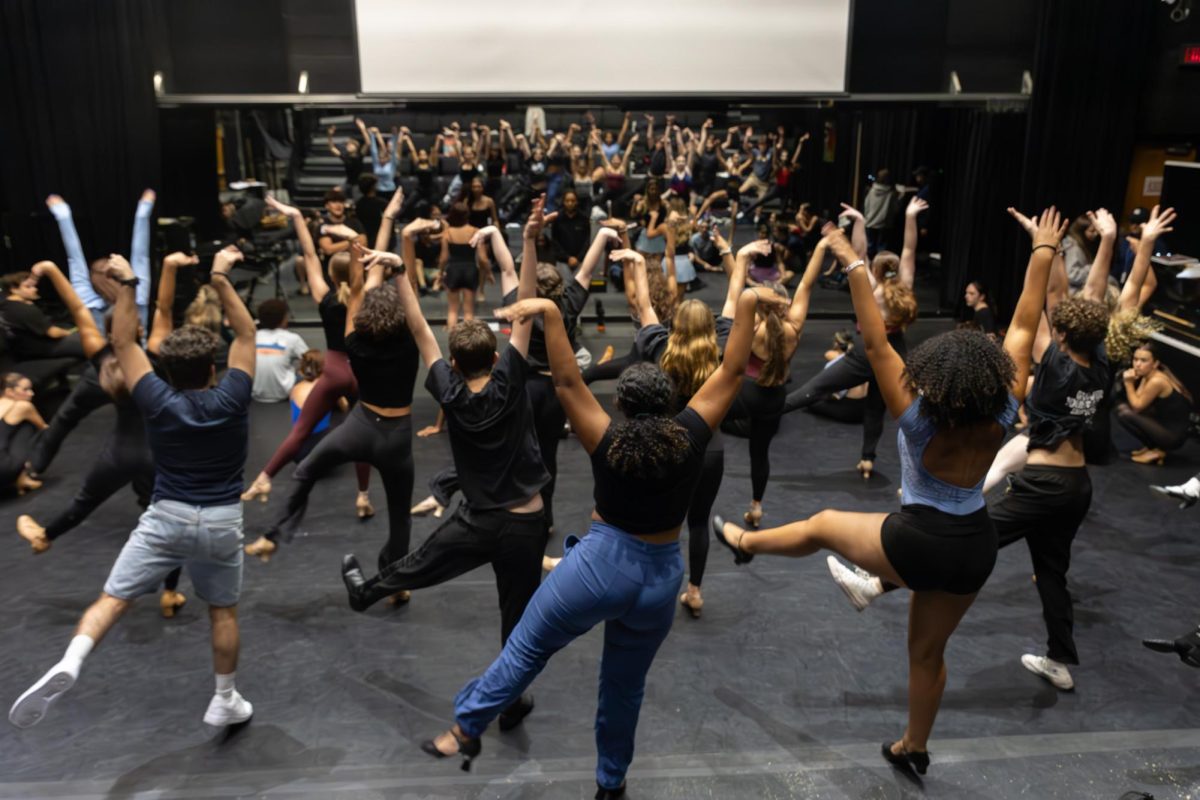
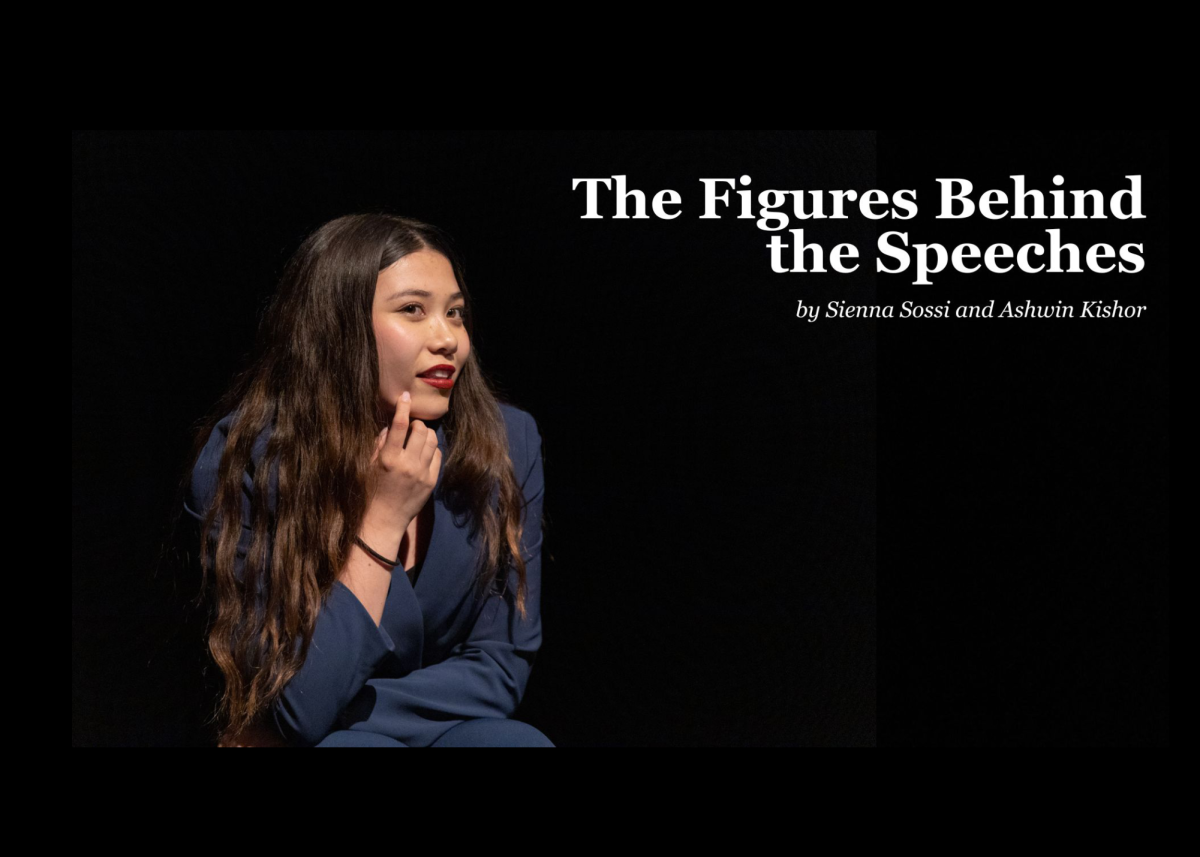




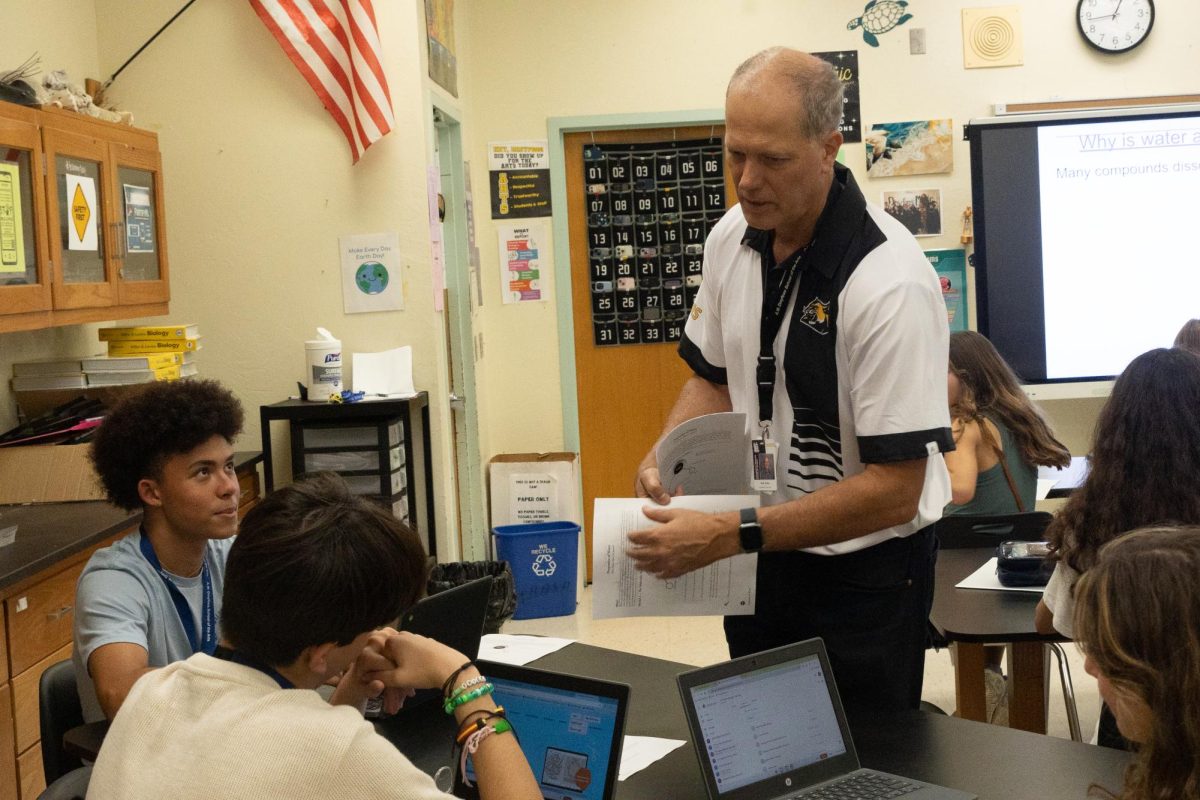
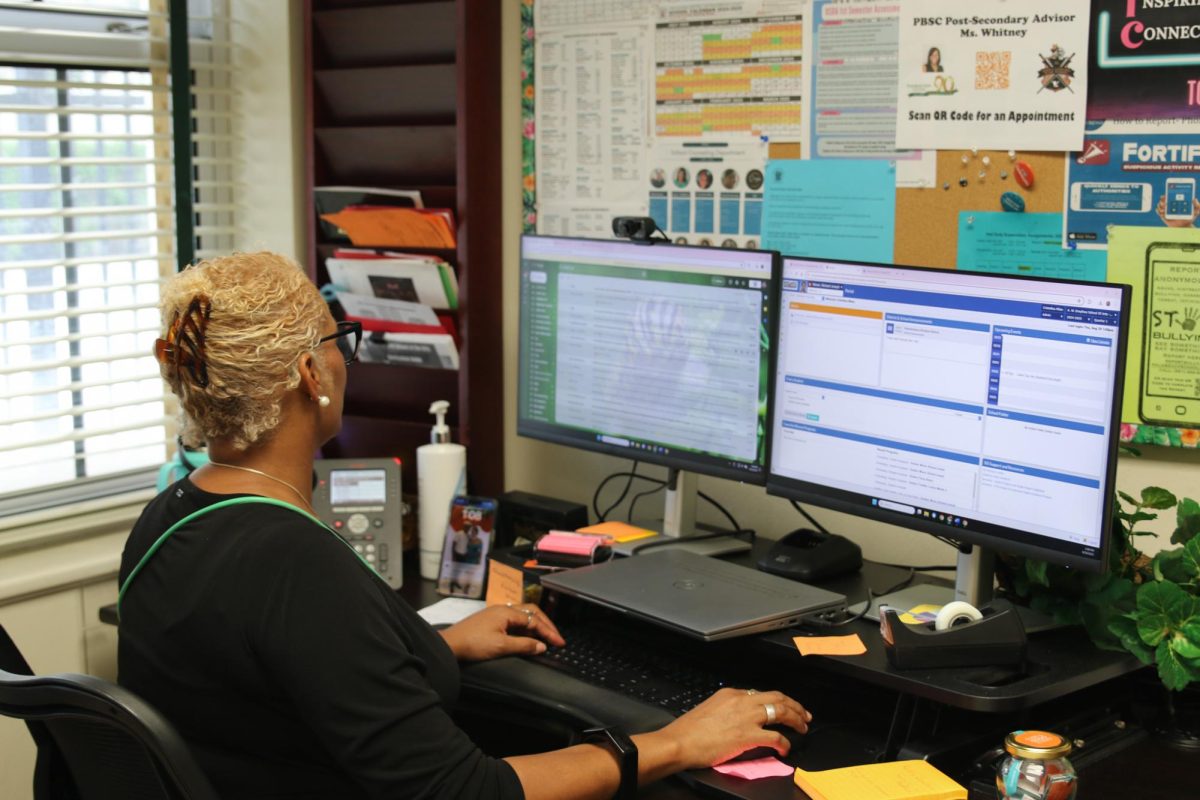
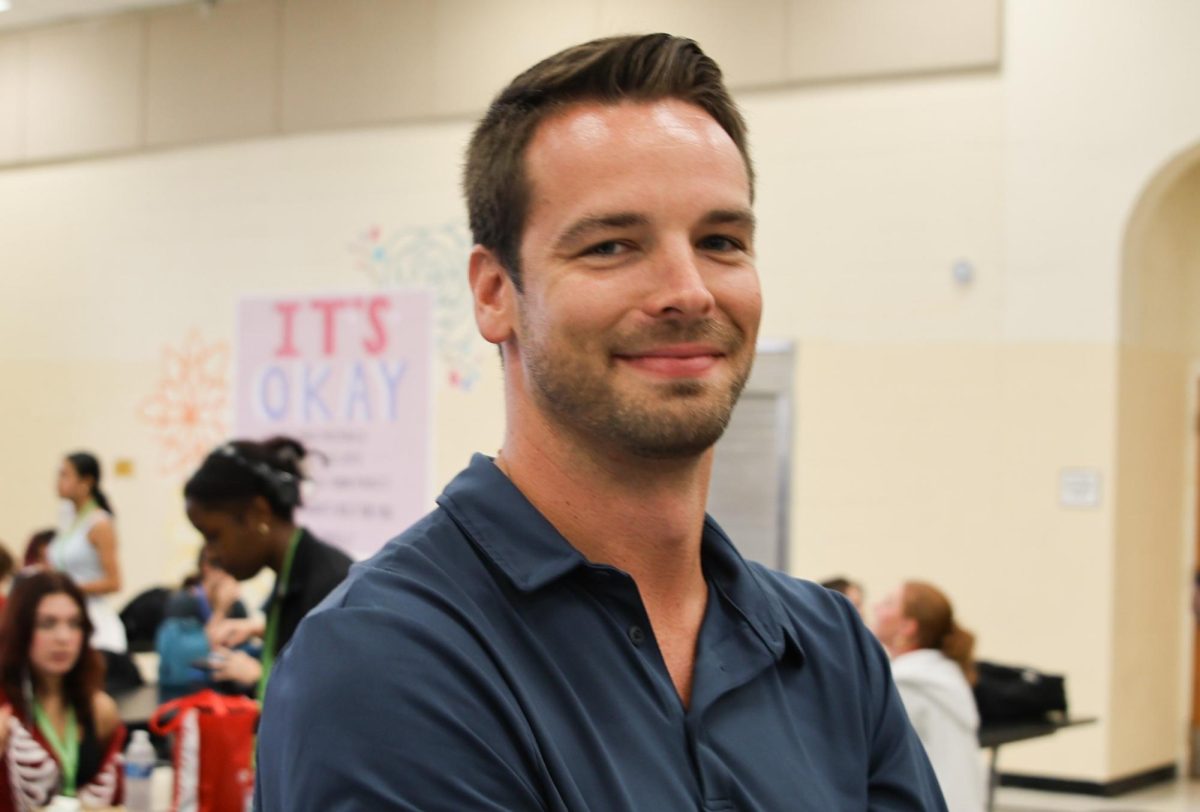
![Mrs. Waugh watches her students as they work on graphing data from the lab that took place during class. Prior to becoming a teacher, Waugh worked as a fire protection engineer. ”I thought it would be most impactful if I could teach science here [at Dreyfoos].” Mrs. Waugh said. “And I had loved my physics teacher. He was part of why I became an engineer,”](https://www.themuseatdreyfoos.com/wp-content/uploads/2024/09/038A5265-1200x800.jpg)
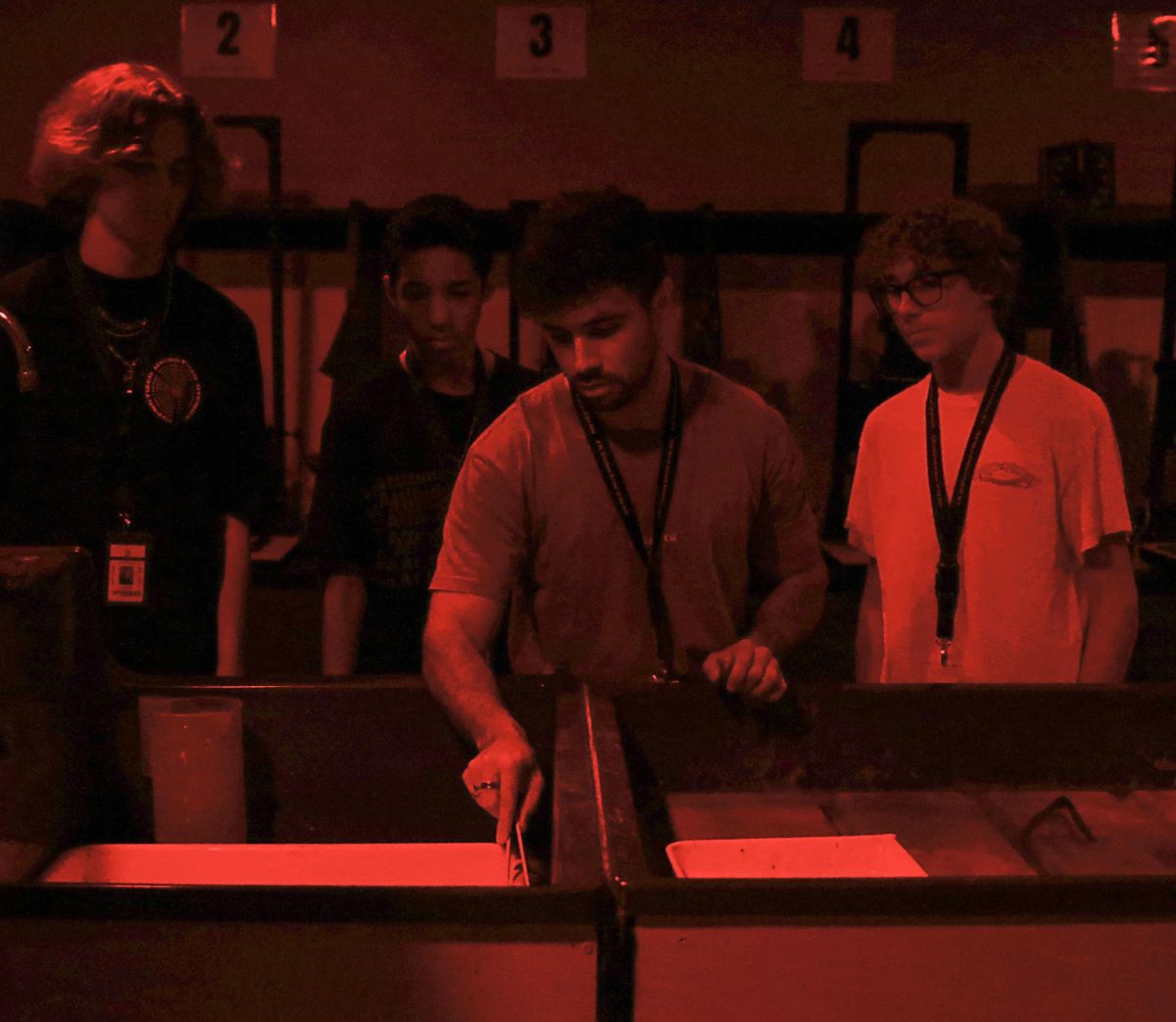



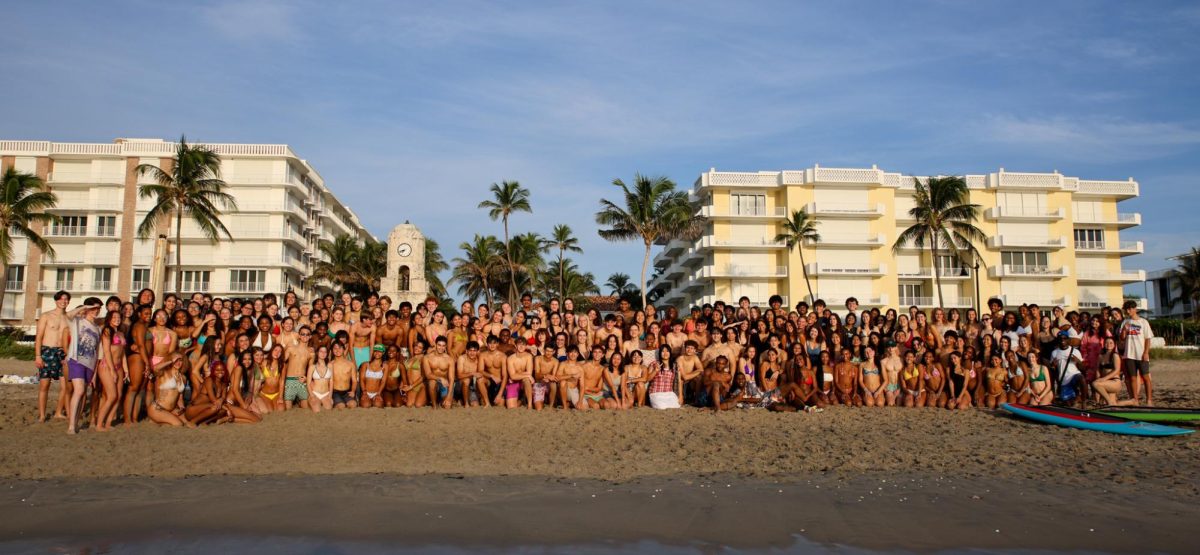


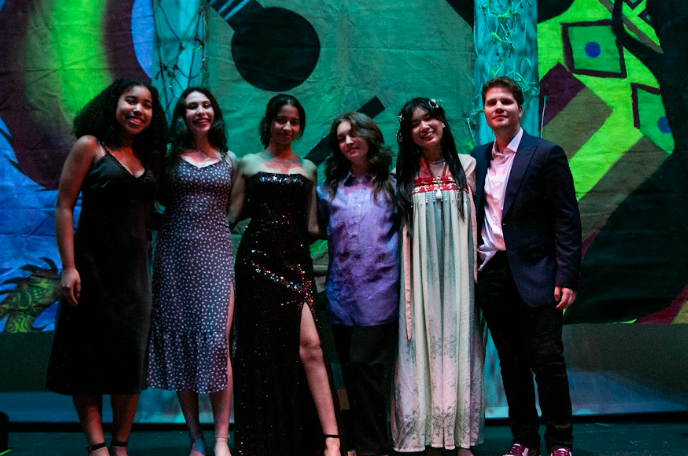


![[SATIRE] Spirit Week: Written in the Stars](https://www.themuseatdreyfoos.com/wp-content/uploads/2024/03/front.png)
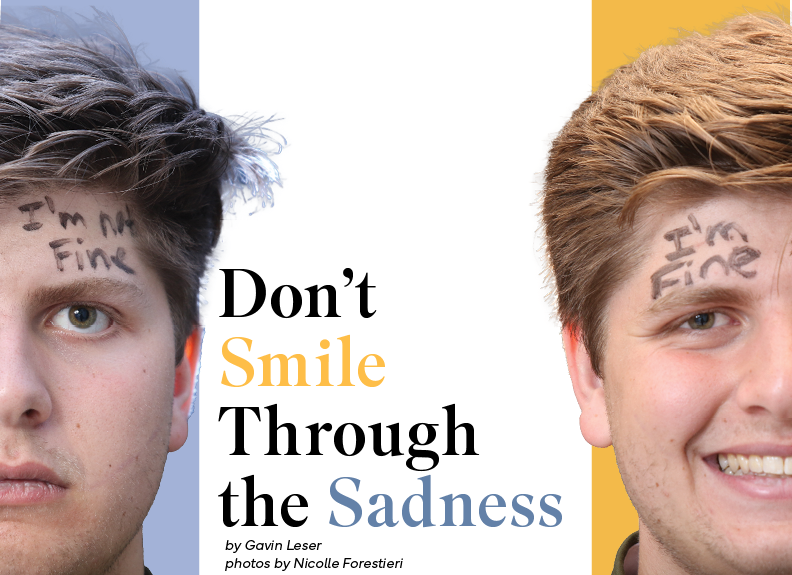


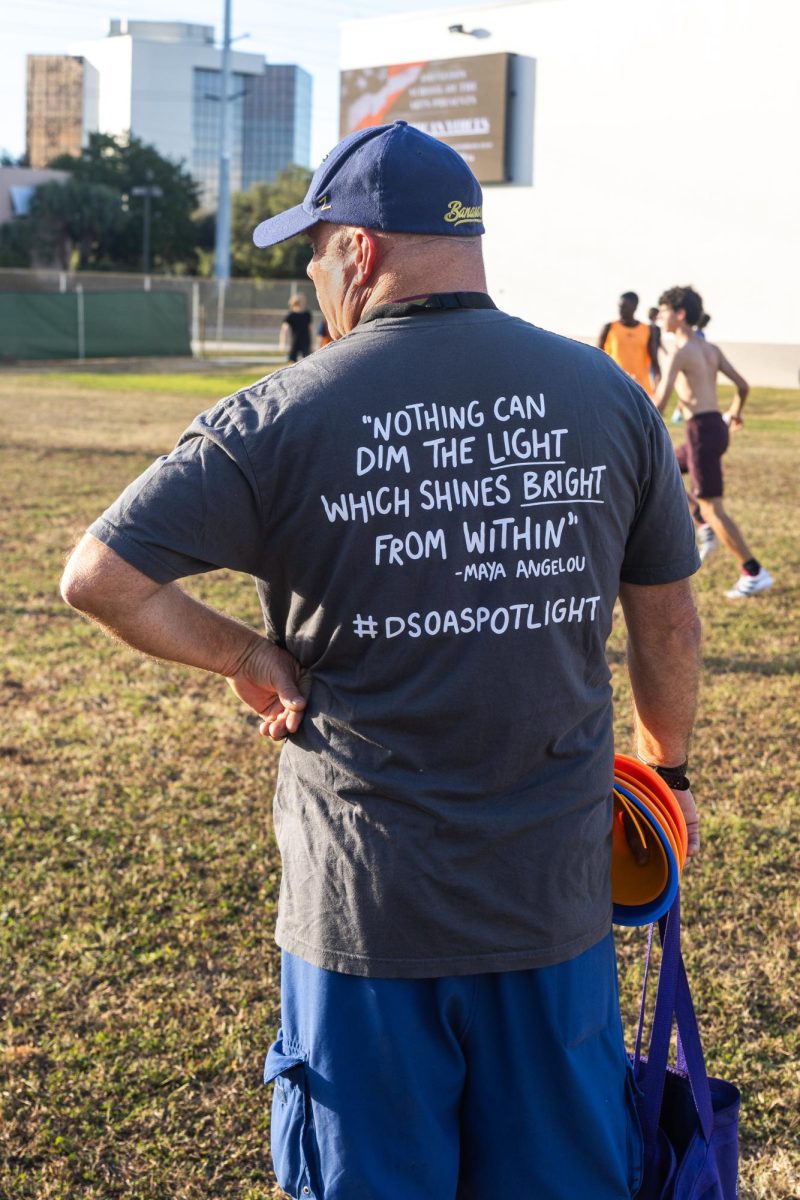
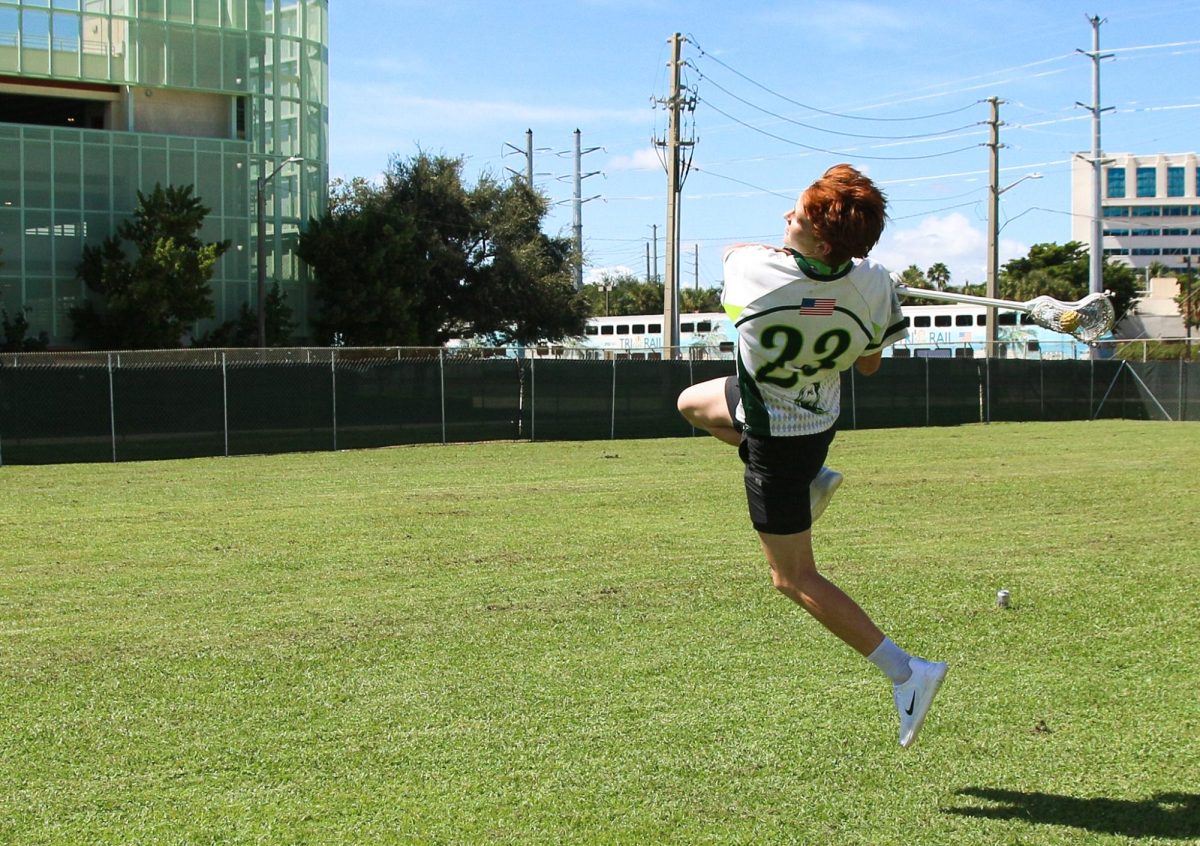
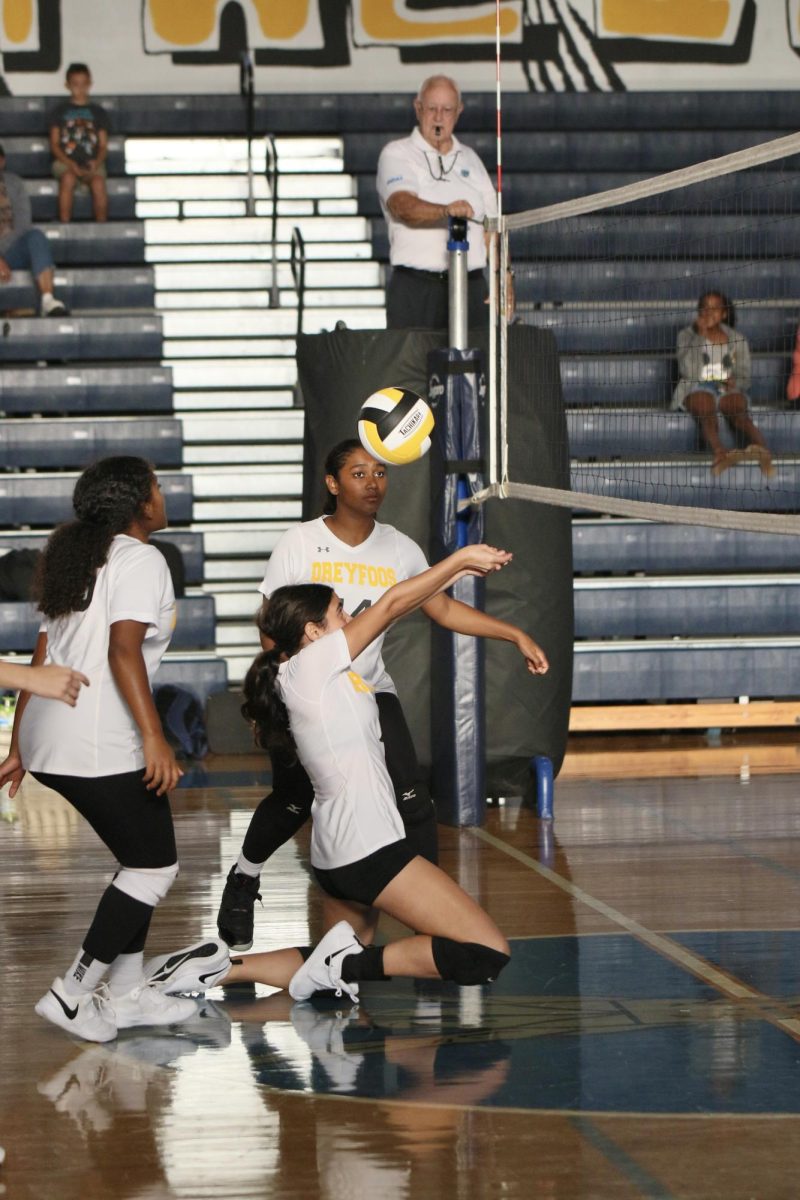



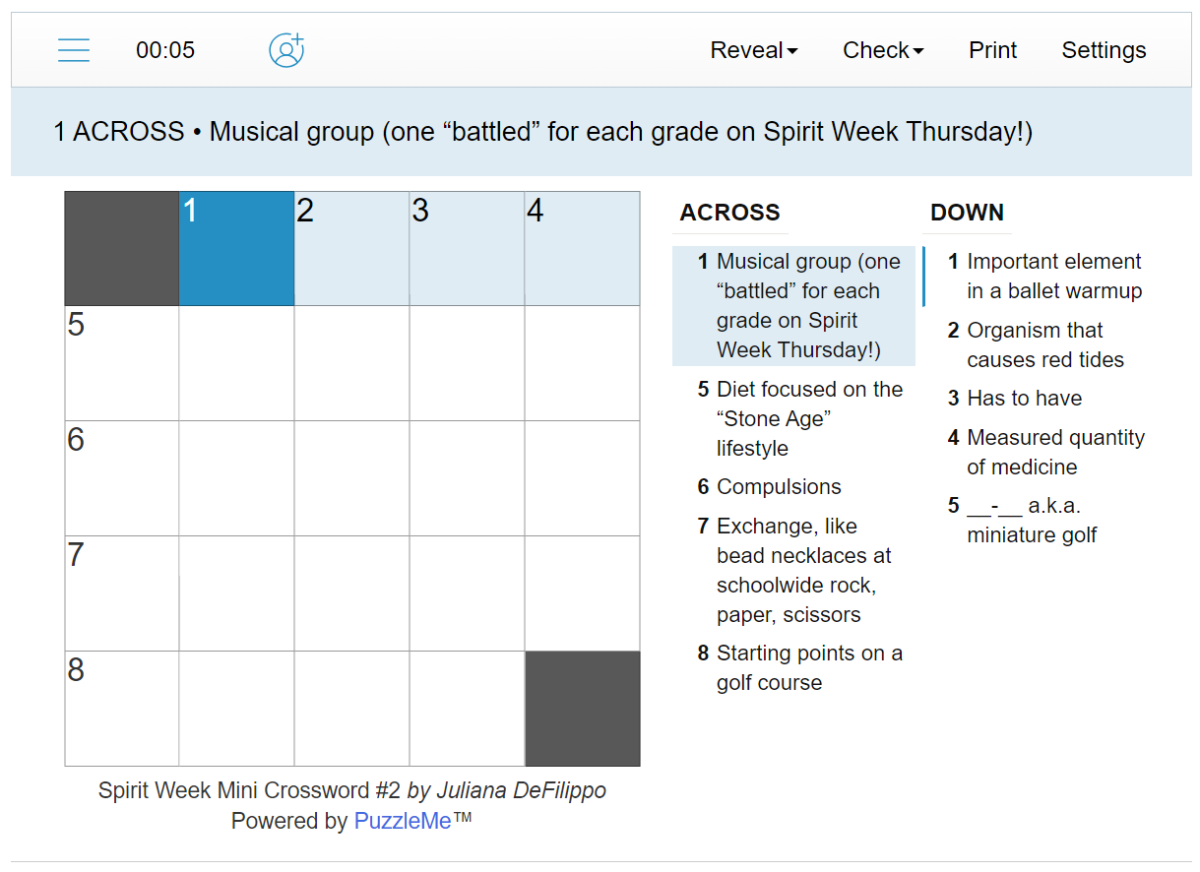
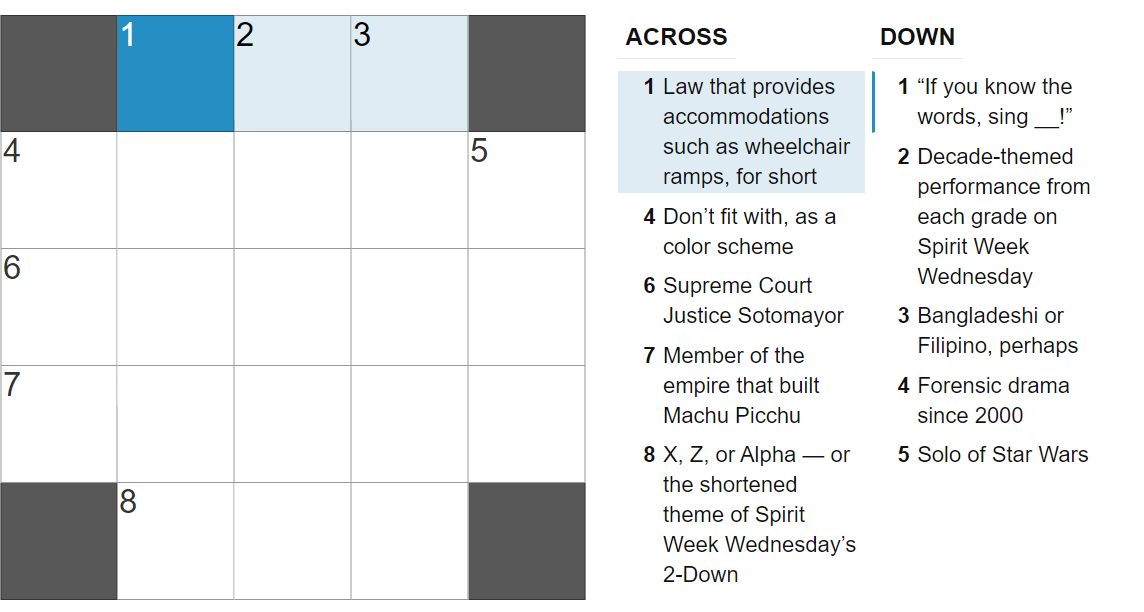
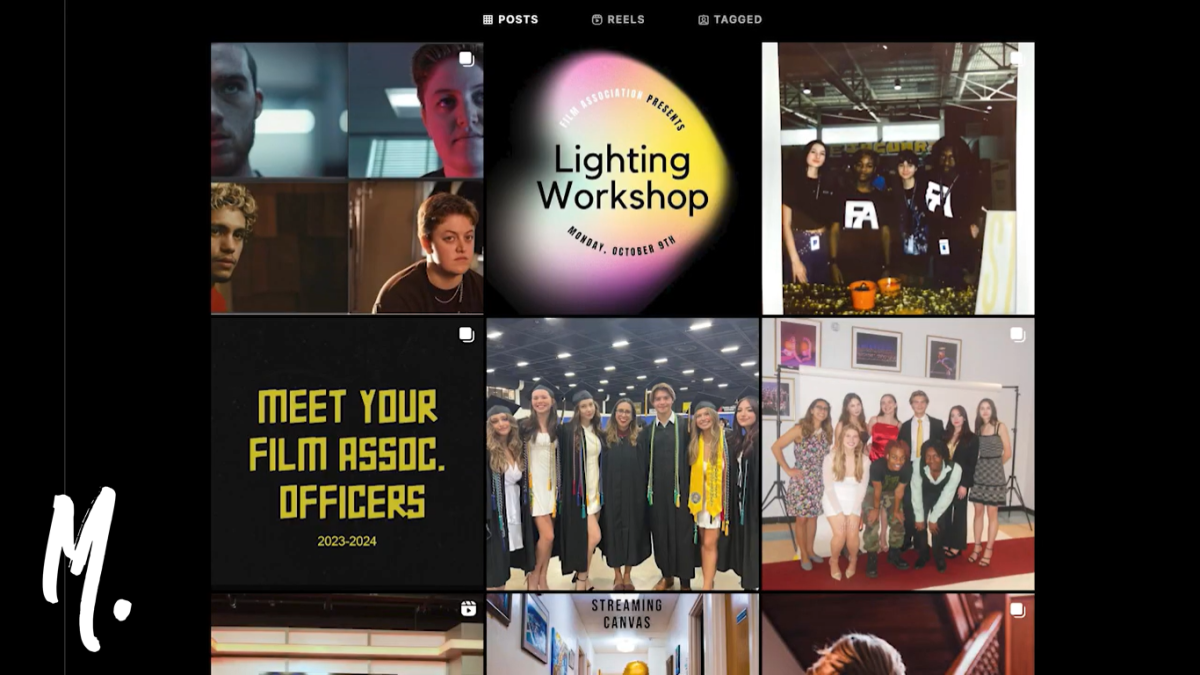
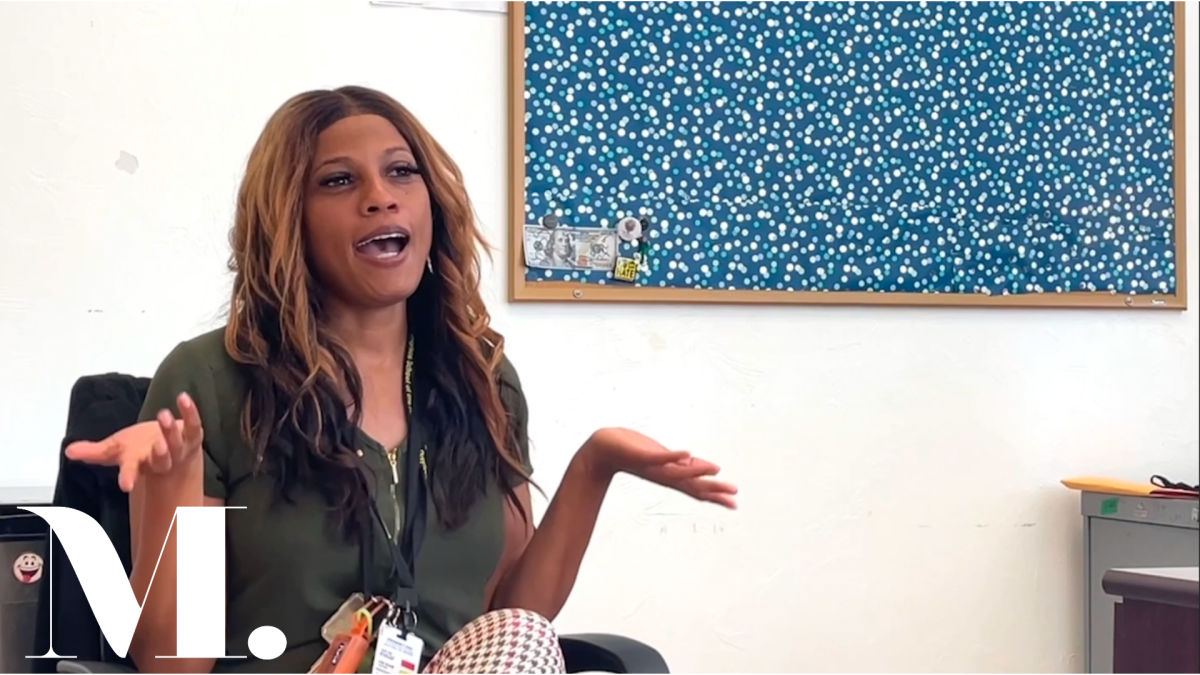
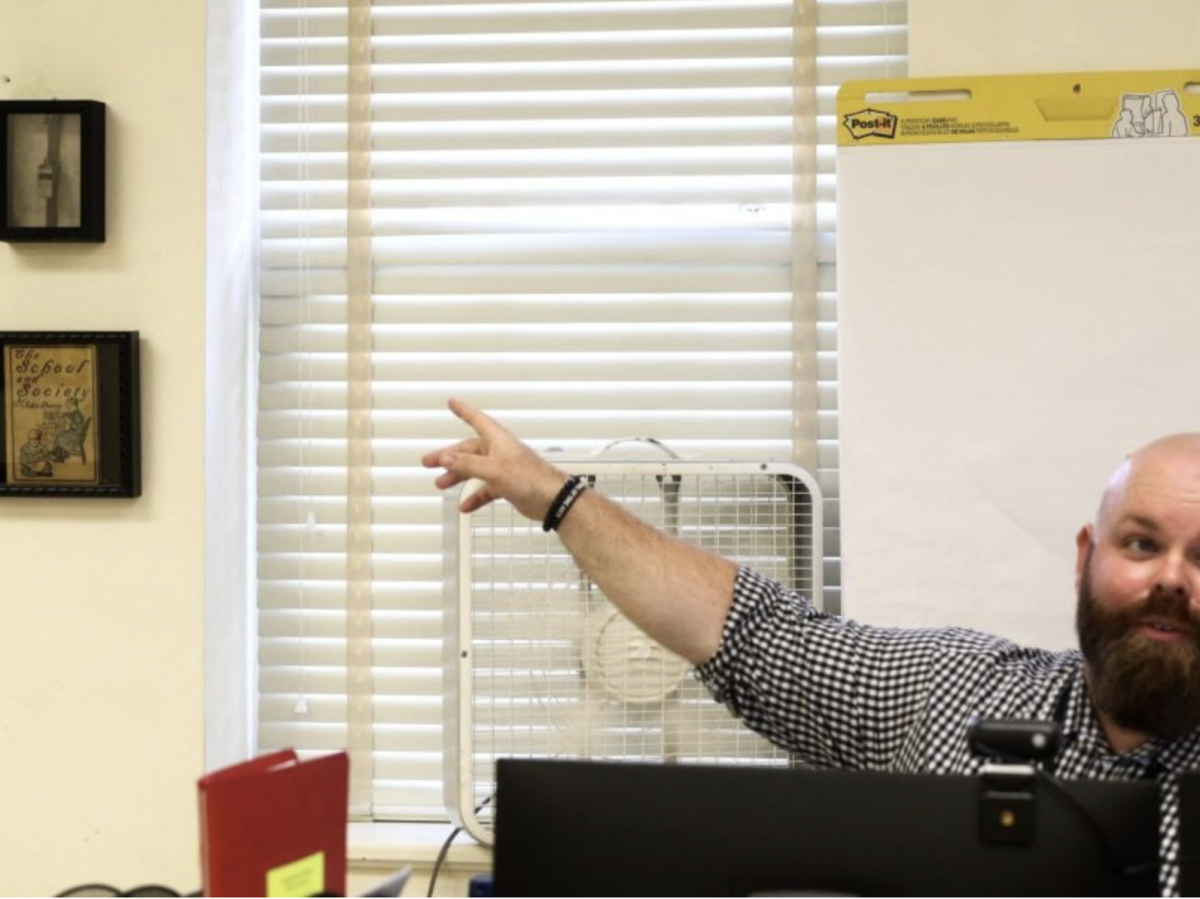
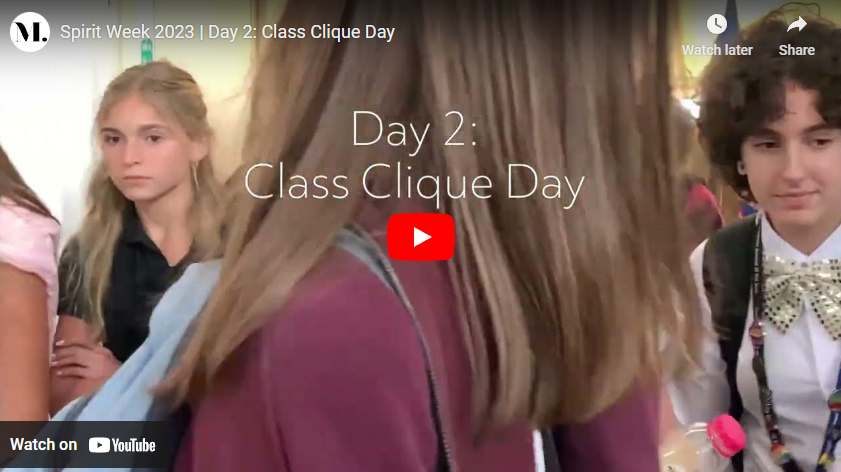


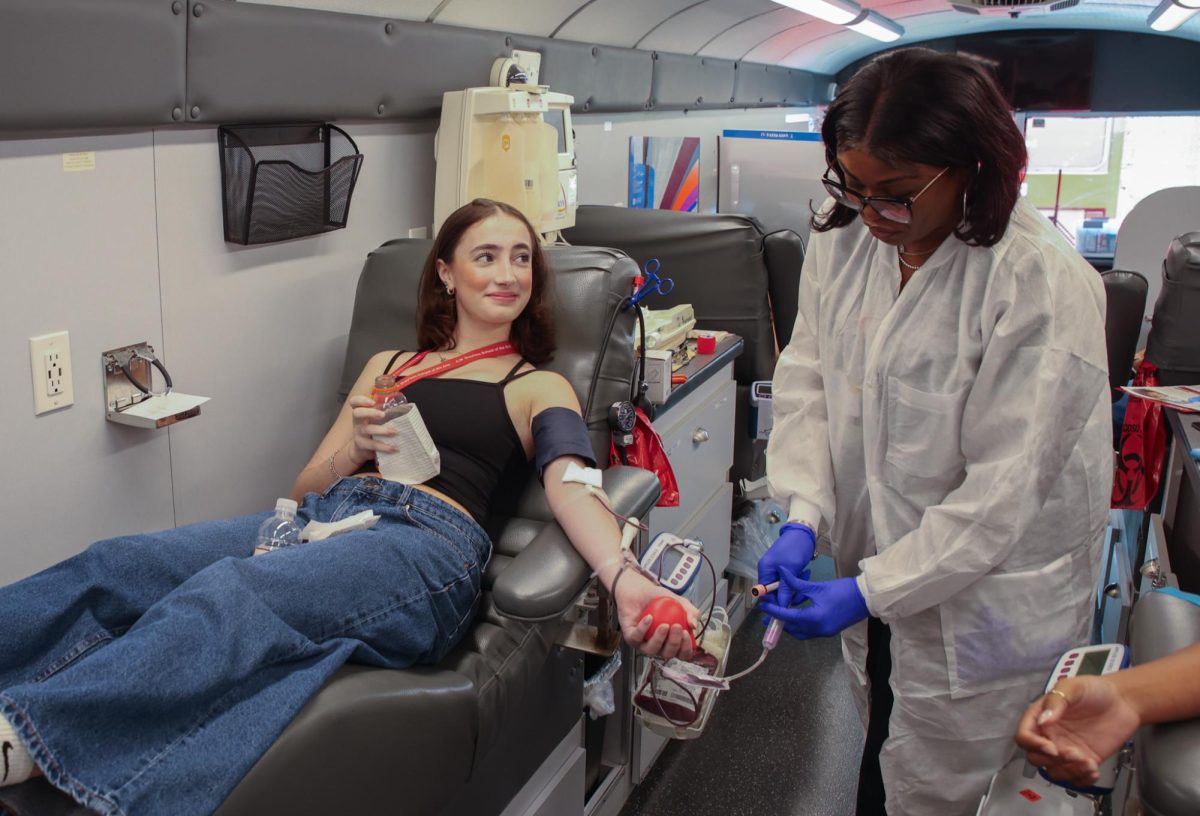
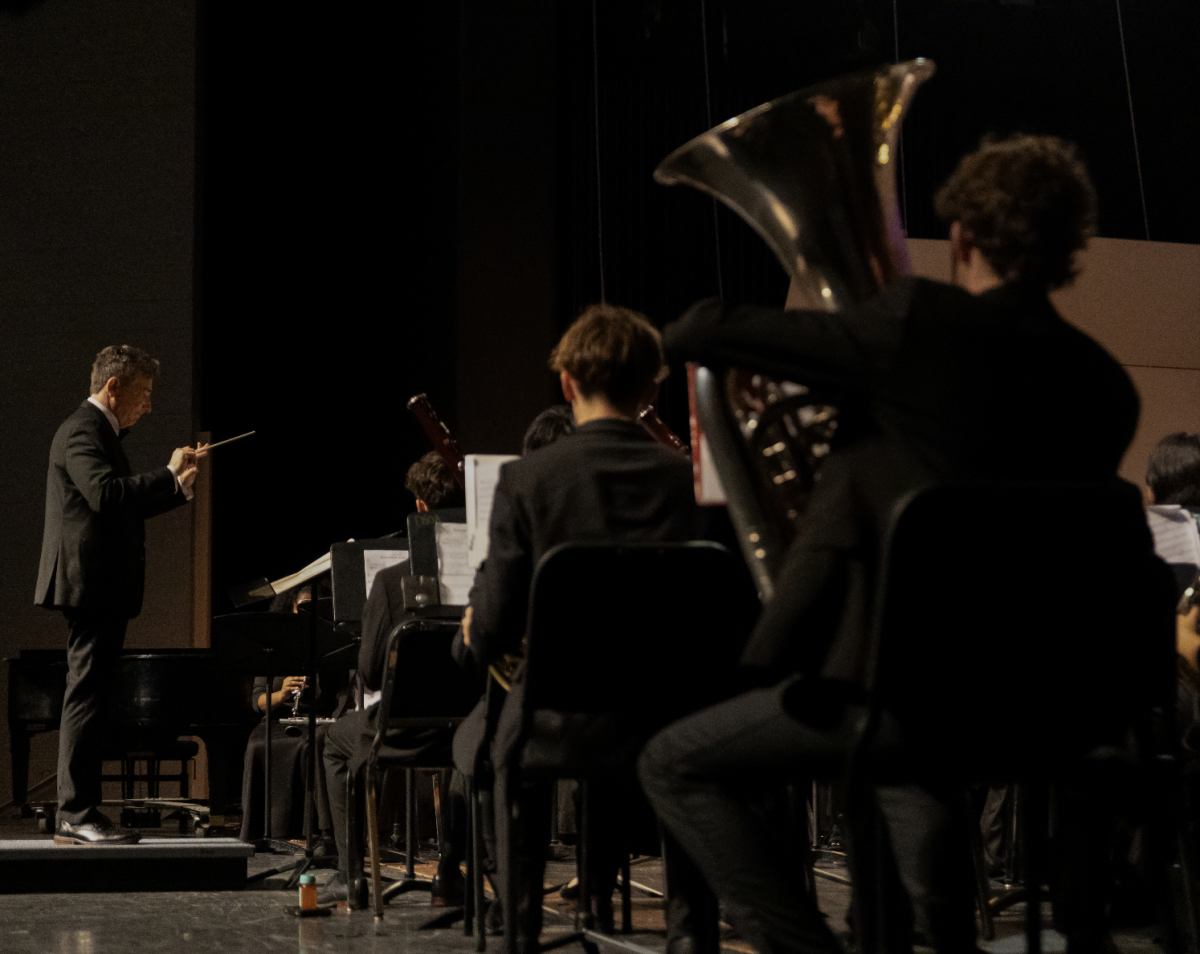

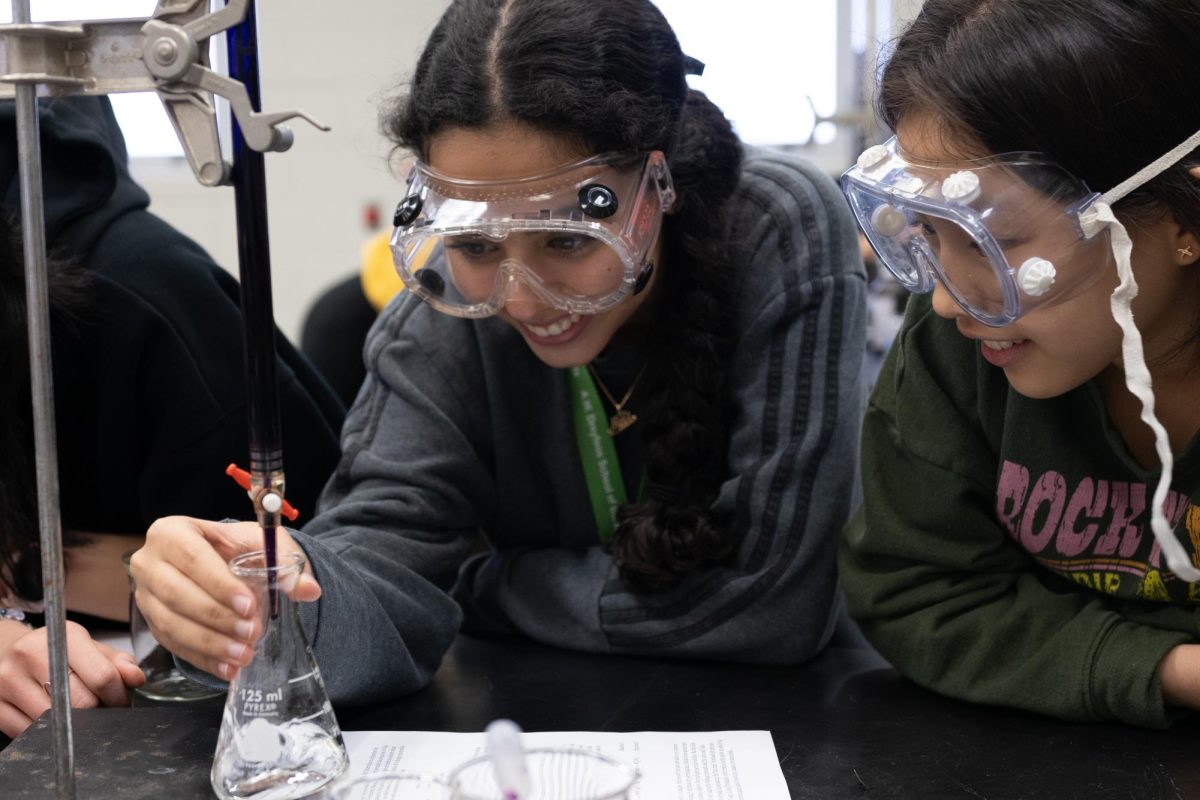





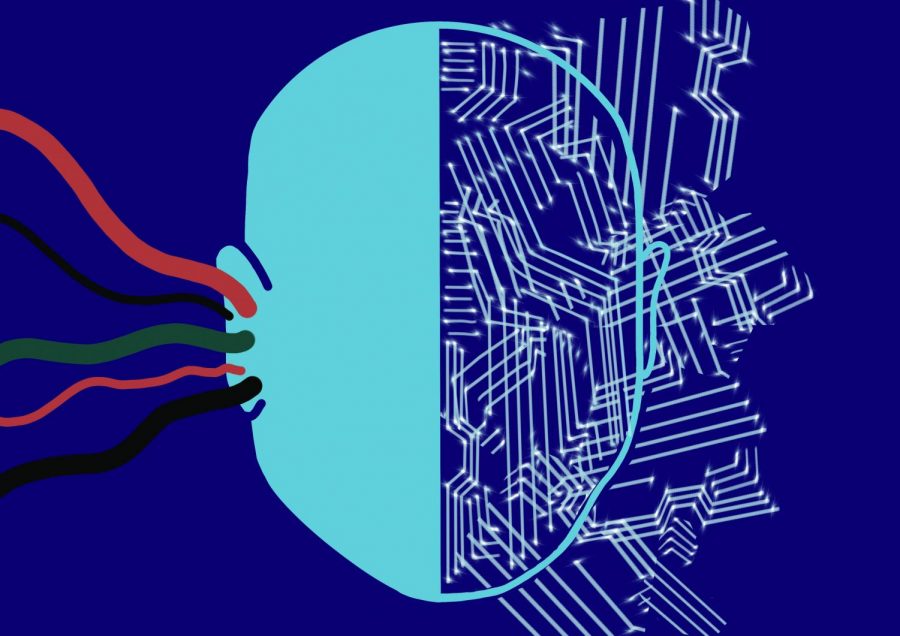
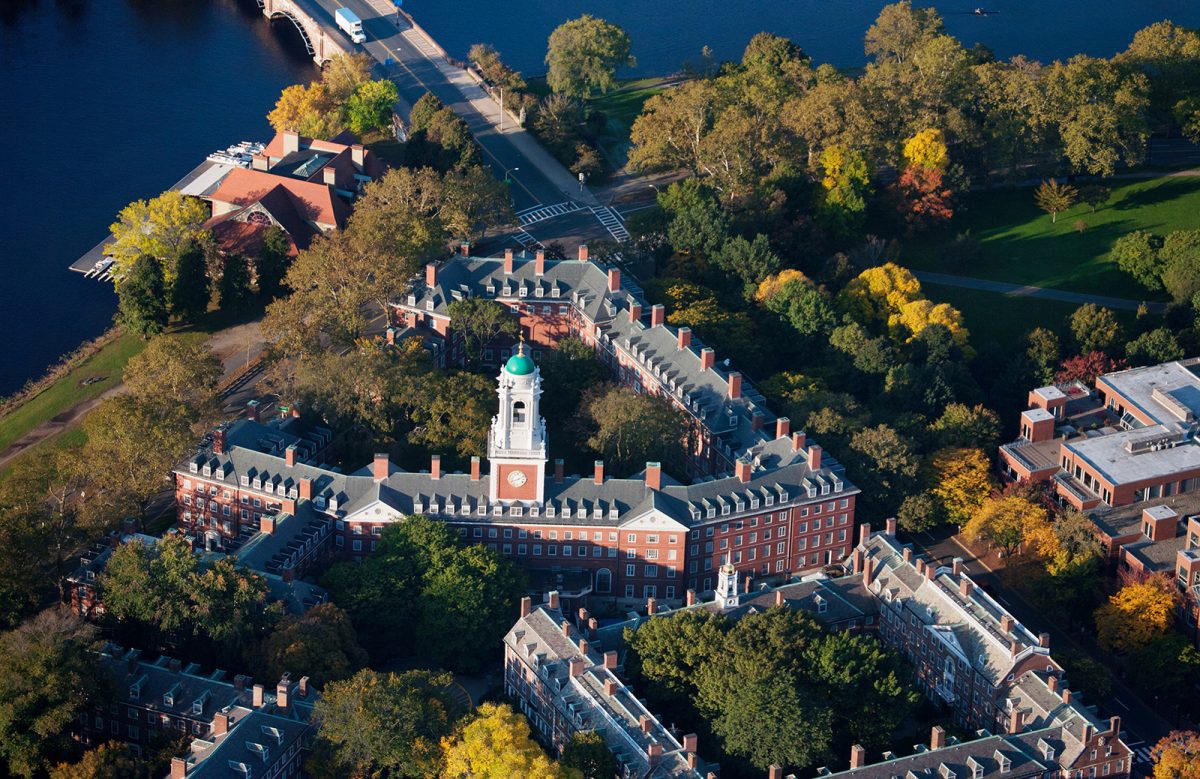
![[SATIRE] 2024: Written in the Stars](https://www.themuseatdreyfoos.com/wp-content/uploads/2024/01/front.png)
